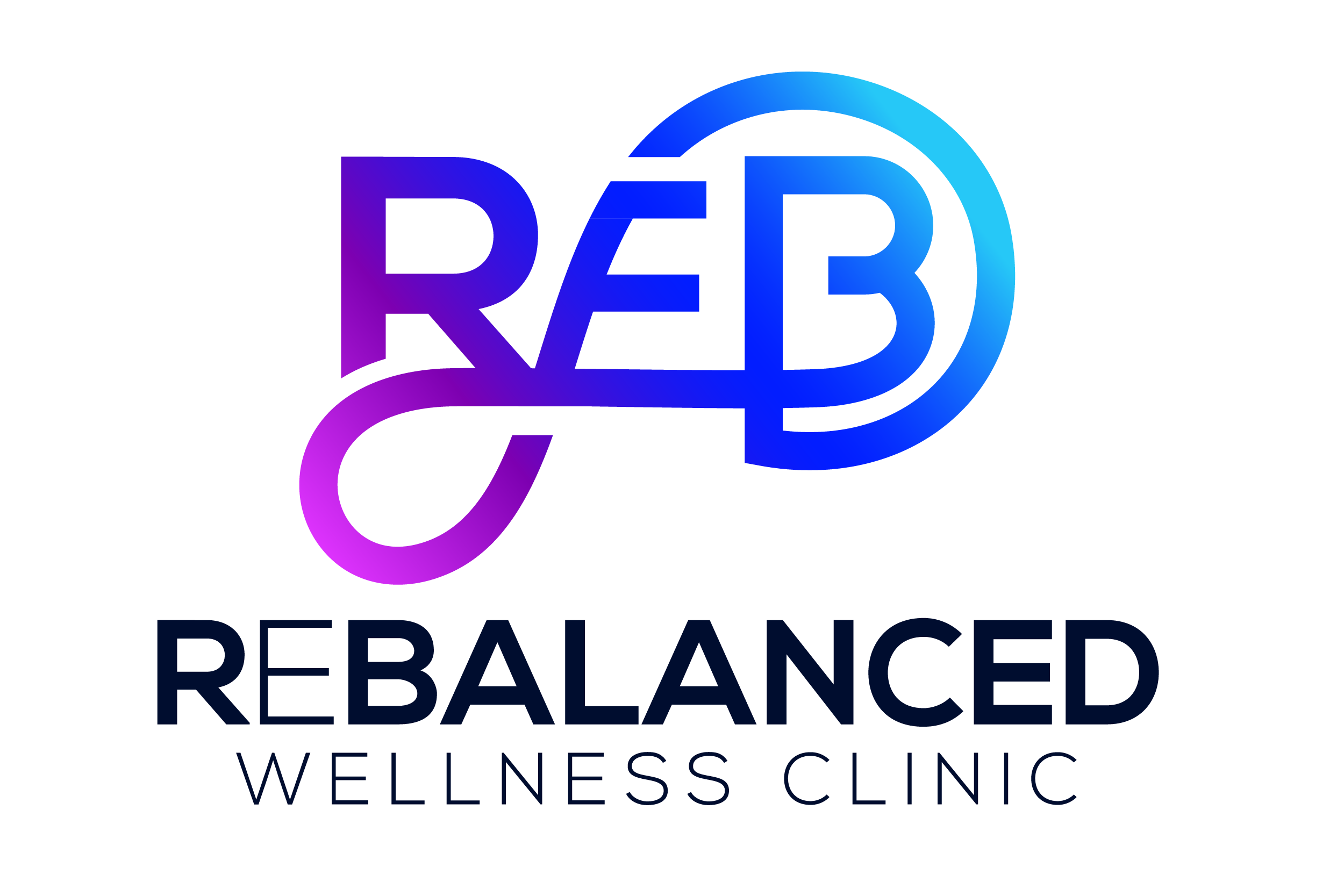Embarking on hormone replacement therapy (HRT) is an important step in your journey towards better health and well-being. It’s normal to have questions and concerns during your first consultation, and being prepared can help ease some of those uncertainties. In this blog, we’ll explore essential questions to ask during your HRT consultation in Decatur to ensure you have all the information you need to make informed decisions.
1. Understanding Your Eligibility
Before diving into therapy, it’s vital to understand your eligibility for HRT. During your consultation, your healthcare provider will evaluate your medical history and current state of health to determine if HRT is a suitable option for you. It’s important to ask about any specific factors that might affect your eligibility such as pre-existing health conditions, age, or lifestyle aspects. In certain situations, you may also need to explore other complementary therapies that align with your health objectives.
Knowing the reasons why HRT may not be recommended is just as crucial. For instance, if you have a history of certain cancers or blood clots, alternatives might be necessary. Your medical team can provide insights into lifestyle adjustments or alternative treatments that prove beneficial if HRT isn’t the right match.
2. Evaluating the Benefits and Risks
Understanding the potential benefits and risks associated with HRT allows you to make an informed choice about starting treatment. HRT can offer significant improvements in terms of symptom relief and overall quality of life. However, it’s equally essential to discuss potential risks such as increased chances of certain health conditions. A comprehensive evaluation of both is key to determining if HRT aligns with your personal health goals.
3. Personalizing the Treatment Plan
Customizing your HRT plan revolves around addressing specific needs and preferences. Discussing options such as hormone types and delivery methods, such as transdermal patches or oral tablets, is essential for optimizing treatment. Every detail matters, from accurately dosing hormones to ensuring comfort in the method of administration. You may also need to address any allergies or medication sensitivities you have, which could influence your tailored plan.
Tailored therapies consider your personal goals such as symptom relief or the improvement of emotional wellness. By discussing your intentions openly, your healthcare provider can design a plan that epitomizes your priorities.
4. Monitoring Progress and Adjustments
Effective HRT demands ongoing assessment and potential adjustments. Your provider will likely propose regular check-ins to monitor how well your body is responding to the therapy. Understanding the testing procedures involved, like blood tests or symptom tracking, can arm you with clearer expectations moving forward.
Progress assessments are not only a way to gauge effectiveness but also to decide on necessary adjustments, ensuring that you maintain optimal health outcomes. Ask about the frequency of monitoring sessions and any symptoms that could require immediate intervention.
5. Discussing Short-term Expectations
Immediate changes after beginning HRT can vary between individuals. Discuss the short-term expectations with your healthcare provider, and seek clarification on which symptoms may improve initially and which transformations often require longer periods. For example, mood swings might settle earlier than improvements in bone density or muscle tone.
Early dialogues about potential symptoms can help mitigate concerns or misconceptions, as initial stages may incite apprehension. Gain a realistic timeline of changes to guide your journey positively and prevent undue stress.
6. Long-term Health Implications
Conversations about the long-term effects of HRT are paramount in securing your trust and comfort with the treatment. Long-term benefits can extend to bone health, cardiovascular function, and cognitive support, but understanding potential risks is equally critical. Discuss how this therapy fits into your overall health plan, considering any genetic predispositions that might be relevant.
It would be helpful to cover how lifestyle choices and age might influence the long-term outcomes of your therapy. Gathering comprehensive information about these factors will contribute to a well-rounded view of how HRT will affect your life moving forward.
7. Lifestyle and Dietary Considerations
Incorporating HRT into your lifestyle involves more than just taking medication. Diet, exercise, and other habitual adjustments can enhance the effectiveness of hormone therapy. Discussing with your healthcare provider intertwining lifestyle changes, such as the introduction of a nutritious diet, can positively influence therapy.
Knowing which lifestyle changes can support your HRT can be empowering. This could involve advice on exercise routines that support your hormonal health, or dietary recommendations engineered to complement your therapy and improve overall well-being.
8. Understanding the Costs
Engage in a transparent conversation with your provider regarding the financial aspects of HRT. Determine the costs involved, associated with consultations, tests, medications, and ongoing assessments apart from coverage specifics by your insurance. Assessing potential out-of-pocket expenses early on helps avoid surprises and aids in planning for seamless therapy continuity.
Financial planning for your therapy is an integral part of the preparation phase. By being proactive, you can make arrangements to ensure that your focus remains predominantly on achieving optimal health outcomes rather than navigating financial hurdles.
9. Safety and Side Effects
Discuss potential side effects candidly during your HRT consultation. While HRT promises beneficial outcomes, like most therapies, there’s a spectrum of possible side effects. Address likely symptoms and their management, ensuring you’re equipped to handle them if they appear.
Being well-versed in the signs that warrant medical attention can dispel anxiety and prepare you for a smoother experience. Discuss preventive measures and safety strategies with your provider, encouraging a proactive approach to HRT management.
10. Alternative Therapies and Options
Exploring alternative therapies or adjunct options alongside HRT presents a comprehensive approach to managing your health. Your provider might suggest other treatments or lifestyle changes that work synergistically with hormone therapy. Be open to learning about novel alternatives that may prove beneficial in your specific situation.
While HRT is a prominent option, some individuals find that complementary therapies align more closely with their personal health philosophy or existing medical conditions. The option to consider different avenues enhances the ability to tailor a health plan just right for you.
11. Building a Support System
Having a robust support system during your HRT journey cannot be underestimated. Your healthcare provider can direct you towards essential resources available locally in Decatur, like support groups or counseling services. Embracing community support not only counters isolation but encourages shared experiences to guide you through the ups and downs of your therapy.
Alongside professional guidance, leaning on friends, family, or peers can contribute significantly towards emotional well-being. Keep communication channels open with those around you and approach HRT as both a physical and emotional journey requiring ample camaraderie.
12. Your Role in Managing Therapy
Playing an active role in managing your therapy establishes a sense of ownership and empowerment. Discuss what monitoring you should perform, symptoms or changes to report, and effective communication paths with your healthcare team. Proactive engagement facilitates smoother experiences and fosters a partnership mentality between you and your providers.
Tailored guidance on daily schedules, medication adherence, and lifestyle integration will be considerations as you embrace HRT. Being involved in these aspects highlights the collaborative spirit essential for achieving your health goals through hormone therapy.

